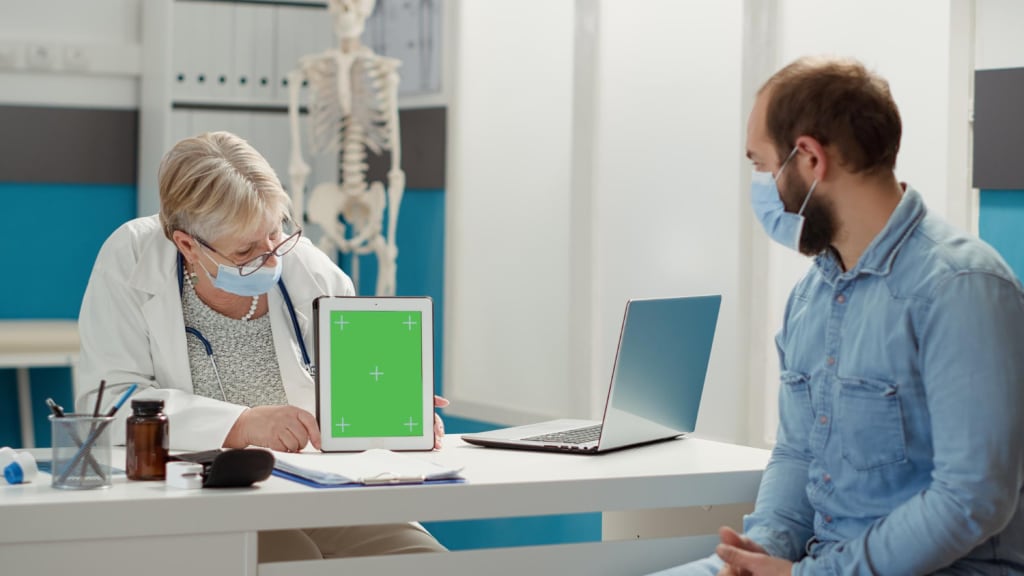Precision in Patient Care The Crucial Role of Load Cells in Medical Applications
Patient Care

It is of the utmost importance in the field of medical technology to guarantee the safety of patients and provide excellent care. One frequently ignored part that assumes an essential part in accomplishing these objectives is the heap cell. The accuracy of surgical instruments and the weight monitoring of patients are just two of the many medical applications that rely on these small but potent devices.
We will discuss the significance of load cells in medical applications and their contribution to patient care and safety in this blog post. These incorporate strain measure load cells, pressure driven load cells, and piezoelectric burden cells.
Understanding Load Cells
Strain check load cells are the most well-known, known for their high exactness and solidness. Despite their rarity, hydraulic load cells are valued for their capacity to measure extremely high forces. Due to their rapid response time, piezoelectric load cells are utilized in dynamic measurements.
How to Use Load Cells
The conversion of force into an electrical signal is the fundamental concept behind load cells. The cell deforms slightly when a load is applied to it. The cell's electrical resistance changes as a result of this deformation, which can then be measured. Because the change in resistance degree is directly proportional to the force applied, precise measurements are possible. In patient monitoring systems, load cells One of the most basic uses of burden cells in the clinical field is in persistent checking frameworks. Dosing medications, determining fluid balance, and monitoring overall health all depend on precise weight measurement.
Keeping Weight Measurements Accurate
In hospitals, load cells are frequently installed in patient beds to enable continuous weight monitoring. This is particularly essential for patients who are fixed or in basic condition, as even slight changes in weight can show huge medical problems. These measurements are guaranteed to be reliable and accurate by load cells.
Integration with Health Information
Systems Present day patient observing frameworks coordinate burden cells with electronic wellbeing records (EHR). Benefits for Care for Children and the Elderly In pediatric and geriatric care, where precise weight measurement is essential, load cells are especially helpful. They aid in growth and nutrition control in pediatric settings. They help track weight loss or gain in geriatric care, which can be a sign of health problems like heart failure or malnutrition.
Medical Device Load Cells
Load cells are essential to the operation of a variety of medical devices in addition to patient monitoring. These devices operate correctly and safely due to their precision. Medical Equipment Load cells are utilized in surgical settings to guarantee the accuracy of instruments. They are, for instance, incorporated into robotic surgical systems to provide feedback on the applied force. In delicate procedures, where even minor deviations can have significant repercussions, this feedback is critical.
Imbuement Siphons Load cells
Imbuement Siphons Load cells are used to monitor and regulate the flow rate in infusion pumps, which deliver medications and nutrients to patients. The risk of over- or under-infusion is minimized by precise force measurement, which ensures that patients receive the appropriate dosage. Load cells are utilized in the creation and application of prosthetics and orthotics. They make it possible to improve design and personalization by assisting in the measurement of the force that is applied to these devices. Increasing Equipment Security In settings for rehabilitation, safety is of the utmost importance.
Increasing Diagnostic Precision
Accurate measurements are necessary for accurate diagnostics. Diagnostic instruments such as blood pressure monitors and imaging equipment benefit from the precision provided by load cells. Because of this precision, diagnoses are based on accurate data, which improves patient outcomes. Load Cells in the Medical of the Future Load cells are expected to play a larger role in medical applications as technology develops.
Conclusion
Modern medical equipment cannot function without load cells. Patient care is accurate, safe, and effective because of their precision and dependability. Load cells improve diagnostics and treatment in a variety of healthcare settings, including surgical instruments and patient monitoring.
About the Creator
Confident Personality
Welcome to Confident Personality, where your potential shines the brightest! We are dedicated to guiding you on a journey of self-discovery and personal growth. Our mission is to be your trusted companion, providing unwavering support.
Enjoyed the story? Support the Creator.
Subscribe for free to receive all their stories in your feed.






Comments
There are no comments for this story
Be the first to respond and start the conversation.